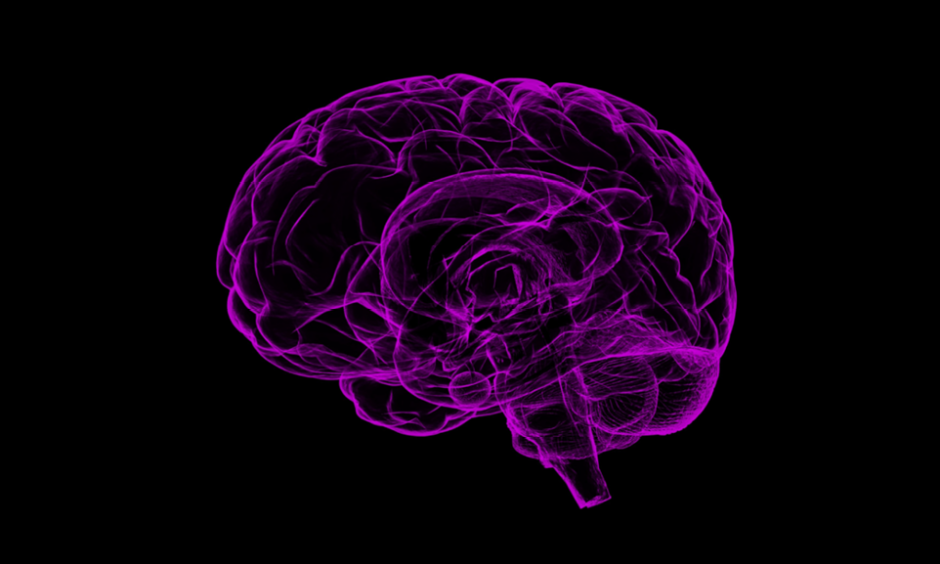NEURODEGENERATIVE disorders could be influenced by changes occurring to the brain’s immune cells, called microglia, according to scientists from the University of Tübingen, Tübingen, Germany, in collaboration with other institutions. These findings, which showed that environmental factors can amend microglia over the long-term, suggesting they have an immunological memory, potentially provide new therapeutic targets for conditions such as Alzheimer’s disease.
Trained and Tolerant Microglia
With microglia long suspected of playing a key role in neurodegenerative disorder progression, the team triggered inflammation in mice outside of their brains to test whether these cells remembered it later on. The microglia were trained following the first inflammatory stimulus, enabling them to react more strongly to the second; however, there was barely a response by the fourth stimulus, showing they had become tolerant to the inflammation.
Effect on Alzheimer’s Pathology
The scientists then observed how both trained and tolerant microglia affected the long-term formation of amyloid plaques in a mouse model of Alzheimer’s pathology. They discovered that while plaque formation was amplified by trained microglia even months after their immunological memory was triggered, causing greater disease severity, plaque load was reduced by tolerant microglia. To better understand the mechanisms of these effects, the team discovered that specific epigenetic changes and corresponding differences in gene activation took place in both the trained and tolerant microglia even many months following the initial immune stimulus. This molecular reprogramming was shown to affect Alzheimer’s pathology by changing certain functions in the microglia, including the ability to remove amyloid plaques.
Epigenetic Reprogramming
“It is possible that also in humans, inflammatory diseases that primarily develop outside the brain could trigger epigenetic reprogramming inside the brain,” commented head of the study Dr Jonas Neher.
New Treatments
The research therefore suggests that microglia modified by inflammation could increase the risk of diseases such as Alzheimer’s. The authors are now investigating the environmental factors that cause epigenetic changes in microglia in humans and potential therapeutic pathways that may emerge from such findings.
James Coker, Reporter
For the source and further information about the study, click here.








